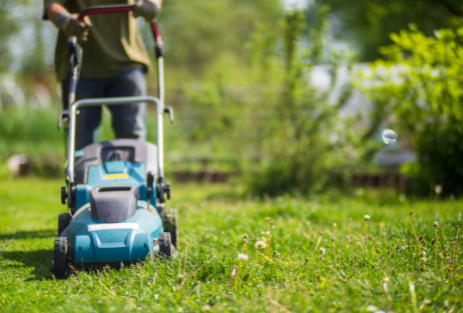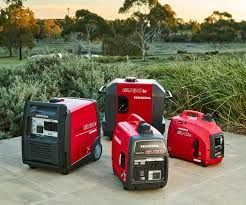9 Things To Do Now To Prepare For Bushfire Season
A list for rural-urban property residents to prepare for fire season!

Anyone who's lived on a property and has been through a fire season knows how anxiety-inducing this time of year can be, especially if you know and feel like you really haven't done everything you can do, to prepare yourself, your family and your property.
It’s a nail-biting time frantically switching between radio channels, while making your way home through afternoon gridlock on the Tonkin. Heading towards a plume of black smoke erupting from a distance in the direction straight towards your home. Your mind is racing with so many questions. What warning zone am I in? Yellow? Orange? F##k, I hope it's not Red! Am I going to be able to get home? Are the horses ok? Who should I call to help? What sprinklers should I put on first? What if the power is out? Where is the bloody fuel for the genny? Which float should I hook up first? What the f##k do I do if my road is blocked? And how the f##k am I going to catch 20 bloody chickens?!!
It can also be just as distressing if you're at home on your property and trying to decide what to do first, let alone what you could do to help your neighbour who isn't home from work yet.
I'm hoping I can help you to reduce some of this worry and anxiety (even if only slightly), by giving you a list to start working through NOW, so you can ensure you are prepared and ready to go into this bushfire season feeling confident that although you can't prevent a bushfire, you've done everything you can to reduce its impact on you, your family, your pets, your property, and your neighbours. Treat it as a checklist and give yourself a high five or do a little happy dance each time you tick one off.
9 Things you can do NOW to prepare your property for bushfire season.
All in all, there are many checklists, plans, and resources available on the internet and in our communities to help us learn more and prepare for fire season. So we really don't have an excuse. Why then are we not all prepared and why then are you reading this blog? If you've read this and have found something you may not have thought of, chances are your neighbour, relative or friend may be in the same boat. So please share this post with them because one of the best weapons we have against bushfire is knowledge and the more people that are prepared, reduce their fuel load, and make plans, the lesser the risk to them and everyone around them.
Stay safe this season and many thanks
Erin Forder
Blog Disclaimer
Cutting Round Corners does not provide safety, investment, business, or legal advice. This blog and content has been provided for information purposes only. You should consult your own professional advisors for advice directly relating to your property or before taking action in relation to any of the provided content.


